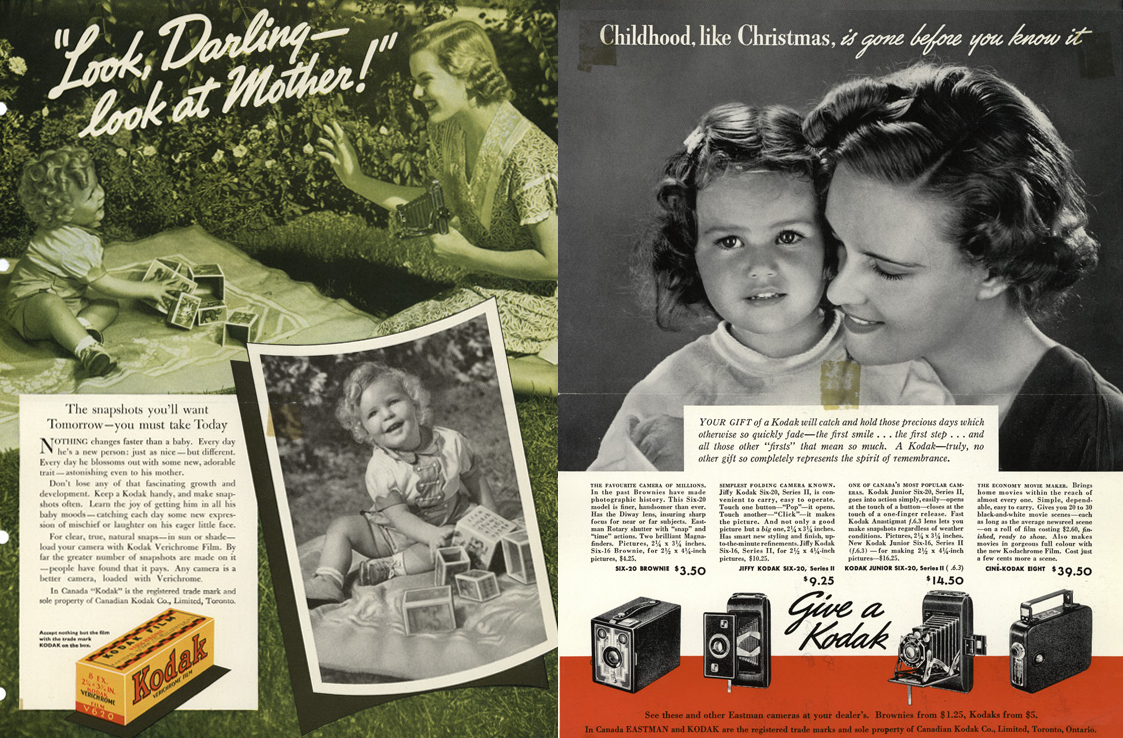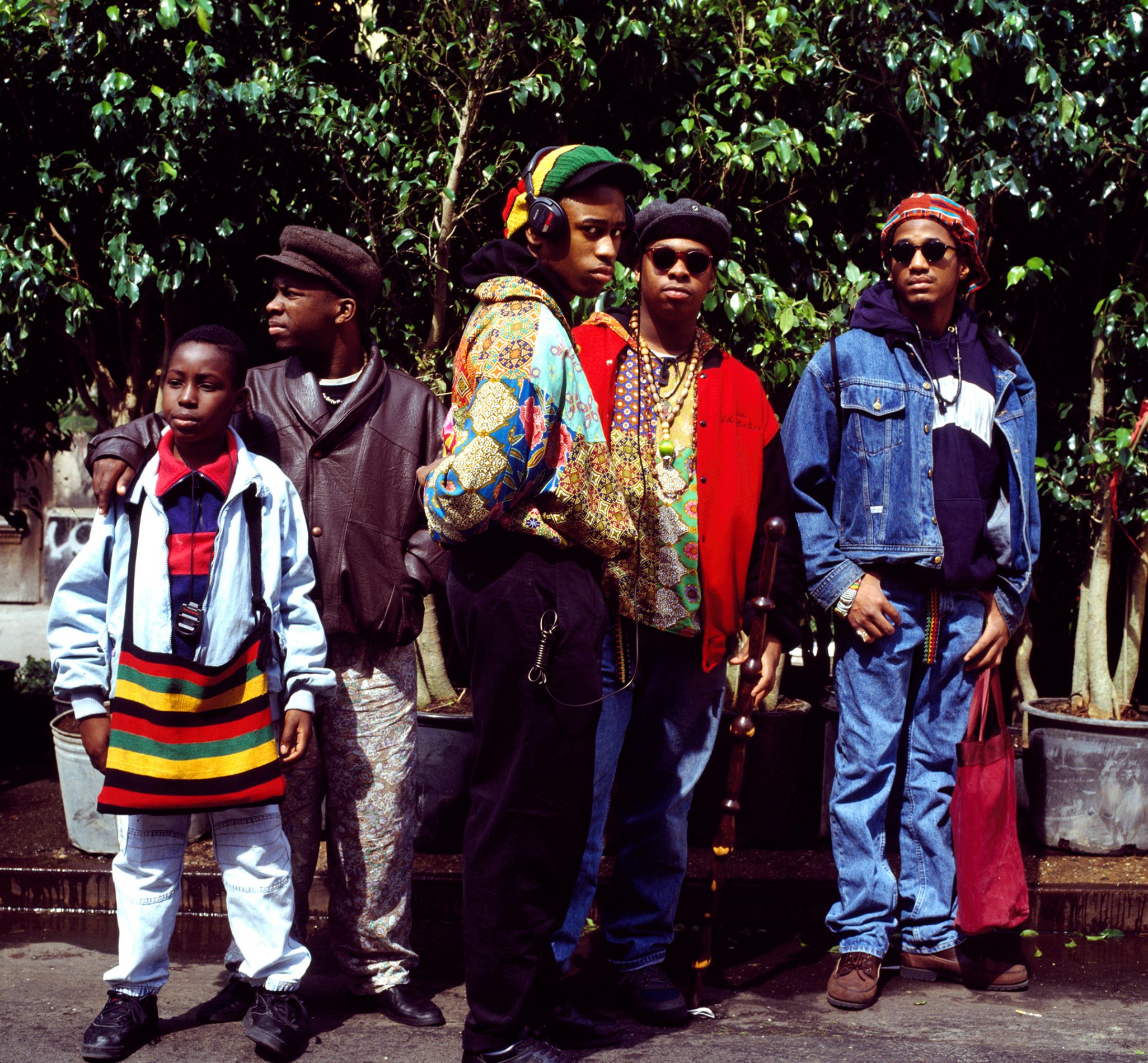61Views
Why we need more women in hip hop photography
As part of a scene with an evolutionary stake in hyper-machismo energy, women in hip hop navigate a particular set of obstacles. Women in hip hop photography still face systemic exclusion, despite having been a part of the movement from day one.
It isn’t merely that these photographers aren’t being culturally celebrated on par with their male counterparts. It’s also that the language and attitudes surrounding women that deal with technical equipment prevent them from their best work.

The notion of a kind of Black masculinity stems all the way back to slave tropes of the Black male, where Black men are responding to that conditioning and the referential notions of them as ‘boys.’ So then their response [in hip-hop] is pushing back in a machismo way… The hyper-machismo, the hyper-sexuality in rap and hip-hop — all that requires and depends on the subjugation of women.
Professor Ellen Gorman for The Hoya
The state of women photography today
In a study from 2018, 69 percent of participants said that they faced discrimination as women in hip-hop photography. More than 54 percent said sexism presented obstacles to their success. 53 percent cited industry stereotypes about women, and 49 percent reported a simple lack of equal opportunity.

The culture of dismissing women in hip-hop photography has long-standing roots in the tech industry at large. Advertisements for cameras have often relied on the sentiment that women are inept, to drive home the point that their technology is so easy, even a woman could use it.
“The Kodak Girl” is a well-known example of this sentiment. Dating all the way back to the late 19th century. In the mid 20th century, the advertisements began to target women as housewives.
These ads implied that the burden of capturing their children’s early days falls with them, and that failure to do so would reflect on them poorly as mothers.

Standards of “good photography” that have been crafted entirely by men are also holding photographers back. An all male photographer community perpetrates, for example, the sexualization of hip-hop icons as feminine objects.
Men and women experience life differently and have different perspectives to offer, yet the view of what constitutes ‘good photography’ has largely been defined by the work of men … To remain relevant and authentic, the photography industry must seek to become more diverse to fairly reflect the communities it reports on
National Union of Journalists via The Conversation
Women owning their own image

Megan Thee Stallion recently took to the New York Times to reflect on how this distinctly male gaze perpetrates violence. In the piece, she writes on the cultural obsession with Black women’s bodies, and inescapable sexualization.
She mentions how Serena Williams had to defend herself to the public for wearing a bodysuit at a match. The attention should have been on Williams’ accomplishments as an athlete. Plus, the objectification is disrespectful towards her career as a champion.
Just as a lot of hip-hop music contains explicitly misogynistic sentiments, so is that reflected in visual content it inspires. And, women in hip-hop photography are just a few of the groups who are affected by this.
This is concerning for its effect on young girls growing up in this media culture. Not to mention, the creative limits it places on visual media in the music itself.
The hot girl coach closed out her critical essay by talking about owning her own image. She says she laments the cruel judgment she receives for presenting herself as a sexual being. While the Houston rapper is not a photographer, women owning their own image is an industry-wide imperative.
But you know what? I’m not afraid of criticism. We live in a country where we have the freedom to criticize elected officials. And it’s ridiculous that some people think the simple phrase “Protect Black women” is controversial. We deserve to be protected as human beings.
Megan Thee Stallion for the New York Times
Lisa Leone, a woman in hip-hop photography
Legendary hip-hop photographer Lisa Leone, for example, knows first hand what it’s like to have to assert her own vision. But for Leone, navigating hip-hop as a photographer and a woman, has always been an intuitive path.

Growing up as a B-girl when hip-hop was becoming a cultural phenomena, the New York native is known for her work on Nas’ Illmatic recording sessions, and TLC’s Creep, among other projects.
She rose to fame shooting her close friends for their publicity photos, and was touching down in Long Beach to shoot “Who Am I (What’s My Name)?” with Snoop Dogg before long.
Leone has never let stereotypes about her femininity interfere with her work, brushing aside comments when necessary to get the shot.
She recounts feeling angered by the treatment of women on set, but says those women usually had their own backs. Everyone who met Leone could tell that she grew up in the culture, and knew not to test her like that.
I was a B-girl, so if somebody had an issue or wanted to come to me in a certain way, I knew how to come back and set it straight. And I guess they could read that I was part of the culture, I wasn’t an outsider, I grew up in the culture so you feel that.
Lisa Leone for Dazed
If ever the culture was questioning the need for women in photography, Leone’s legacy would be the first answer.
Women in hip-hop photography gaining recognition
Men are still dominating the commercial photography industry, up to 89% – 96%. But women are mobilizing now more than ever before, to increase representation in every realm of photography.
In Contact High: A Visual History of Hip-Hop, women are celebrated as an integral part of the hip-hop community. Curated by cultural journalist Vikki Tobak, the book is a meditation, in part, on the brilliant women who made the hip-hop what it was and still is today.

Legendary photographer Janette Beckman’s work with Run DMC and Salt-N-Pepa makes a central appearance in the book. Alongside them, Angela Boatwright’s contact sheets of a young Nicki Minaj delivers a paired down image of the rapper that’s still saturated in her signature attitude.
There were so many women who documented the culture, and women photographers were going deep with it… their photos often have a very personal, human portrayal of the artist. Telling that story, incorporating the women’s stories in the book was intentional but also not hard to do given how actively involved women photographers were.
Vikki Tobak for The New York Times

As the hip-hop industry continues to involve, there’s hope for women dominating the scene behind the lens too. Up and coming photographers are gaining access to more opportunities, and legendary women are still at large capturing the industry.
Hip hop needs photographers that are women, because hip-hop wouldn’t be what it is without them.


